According to Mr. Huynh Van Chuong, Director of the Department of Quality Management, Ministry of Education and Training, activities to ensure and assess the quality of higher education (university assessment) in Vietnam in the period of 2026 - 2030 will have many new regulations towards standardization, in accordance with international practices.
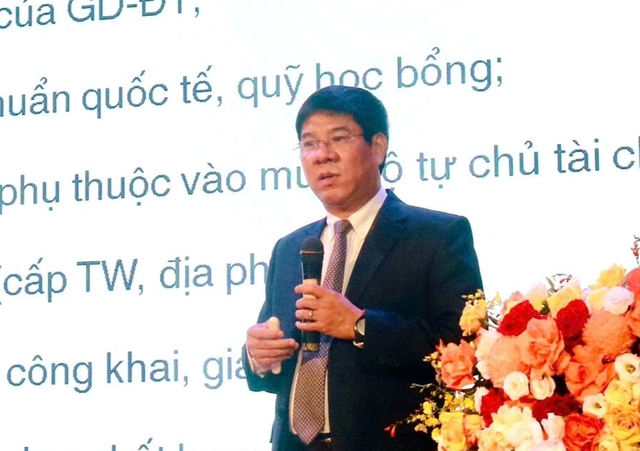
Mr. Huynh Van Chuong, Director of the Department of Quality Management, Ministry of Education and Training
PHOTO: DOAN NHAN
At the workshop "Trends in education quality assessment for the period 2026 - 2030 with the help of artificial intelligence" organized by the Center for Education Quality Assessment, Association of Vietnamese Universities and Colleges on October 16 in Hanoi , Mr. Huynh Van Chuong shared some orientations on activities to ensure and assess the quality of Vietnamese higher education for the period 2026 - 2030.
Accordingly, the Ministry of Education and Training will abolish a series of current circulars to comply with the amended laws in the field of education and training (being completed, expected to be approved by the National Assembly on November 20). To overcome the fragmentation and patchwork of regulations on university accreditation, the Ministry of Education and Training only issued two circulars: accreditation of training programs (already issued), accreditation of training institutions (being completed).
In the process of drafting the above two circulars, the Department of Quality Management, together with 7 inspection centers and leading inspection experts nationwide, integrated many criteria and standards from famous international inspection organizations.
Mr. Chuong said: "Previously, when assessing programs and facilities, we had 7 levels (from 1 to 7). But now we have adjusted to comply with the regulations of international assessment organizations, so there are only 2 levels: pass and fail."
Another new feature that universities need to note is that the accreditation regulations will clearly define "condition criteria", focusing on core elements such as output standards, teaching staff and internal quality assurance systems. If these criteria are not met, the institution will not be recognized as meeting the standards.
In addition, the inspection results will be classified into 3 levels: pass, conditionally pass, and fail. Facilities classified as "conditionally pass" will have a period of 24 months to correct and improve to meet the standards. This approach creates motivation for schools to maintain a continuous improvement cycle and better control output quality.
According to Mr. Chuong, international integration in university accreditation is very important. Currently, the country has only 3 pioneering international integration centers, including the center of the Association of Vietnamese Universities and Colleges and 2 centers of 2 national universities.
However, the current integration is only at the level of participation, and needs to be further raised to "mutual recognition".
Source: https://thanhnien.vn/kiem-dinh-dai-hoc-o-viet-nam-se-theo-thong-le-quoc-te-185251016221603633.htm










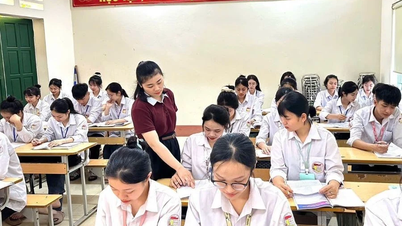

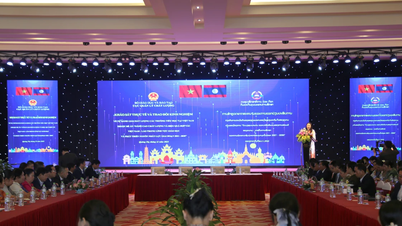








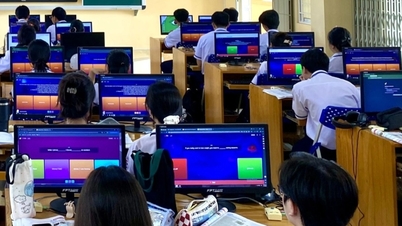


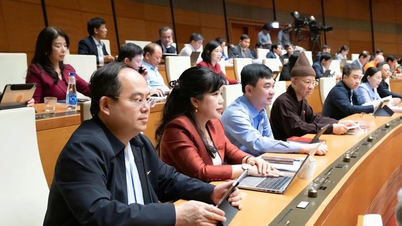
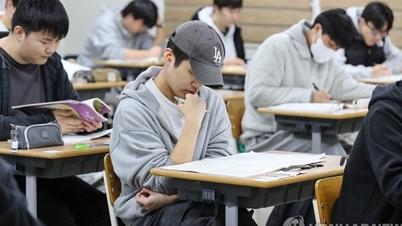











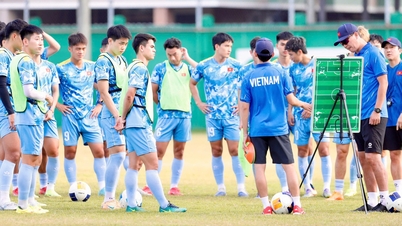
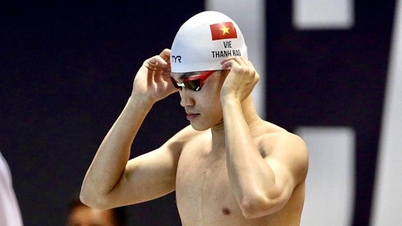





![[Video] The craft of making Dong Ho folk paintings has been inscribed by UNESCO on the List of Crafts in Need of Urgent Safeguarding.](https://vphoto.vietnam.vn/thumb/402x226/vietnam/resource/IMAGE/2025/12/10/1765350246533_tranh-dong-ho-734-jpg.webp)






























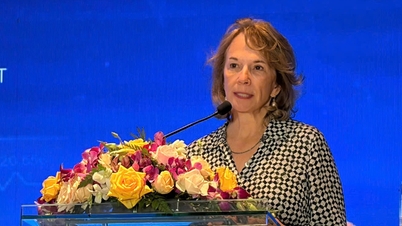


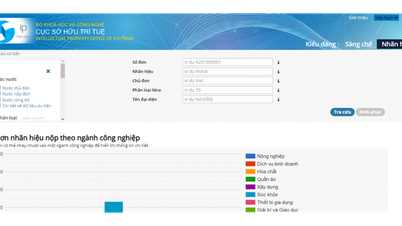

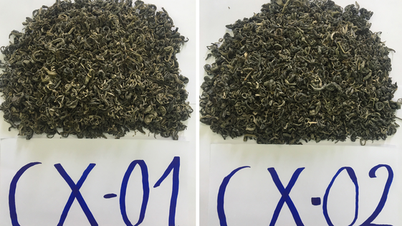

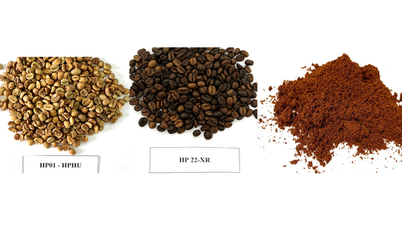
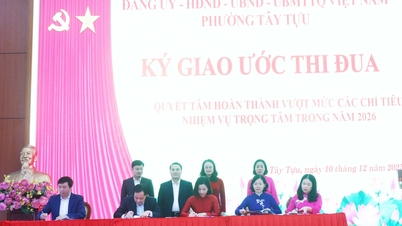
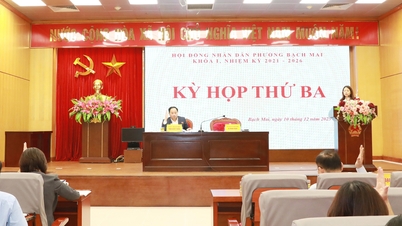





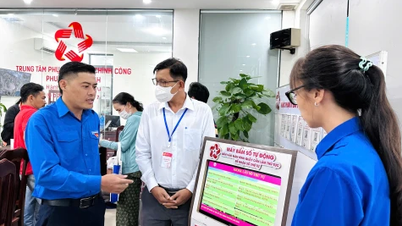


















Comment (0)